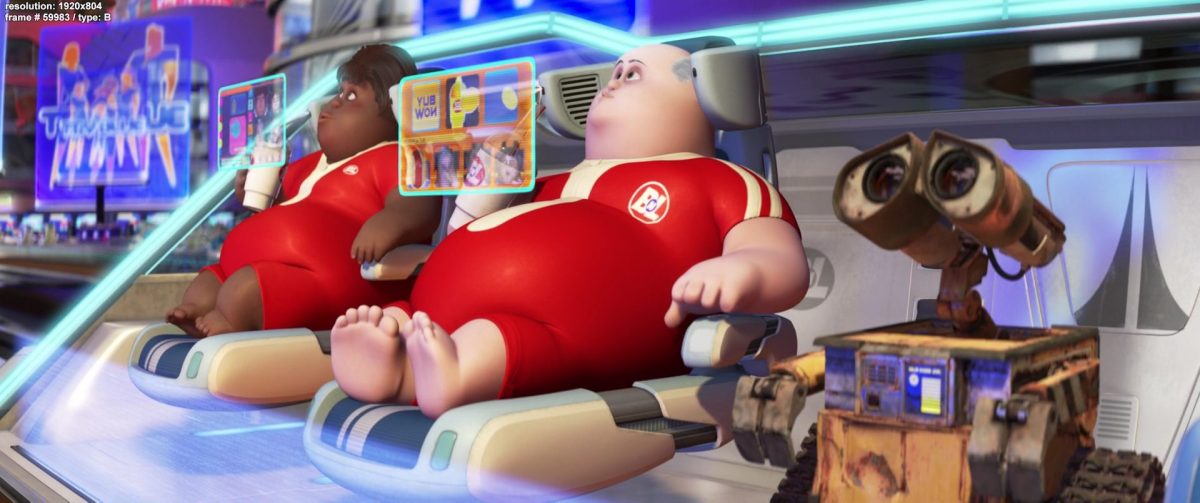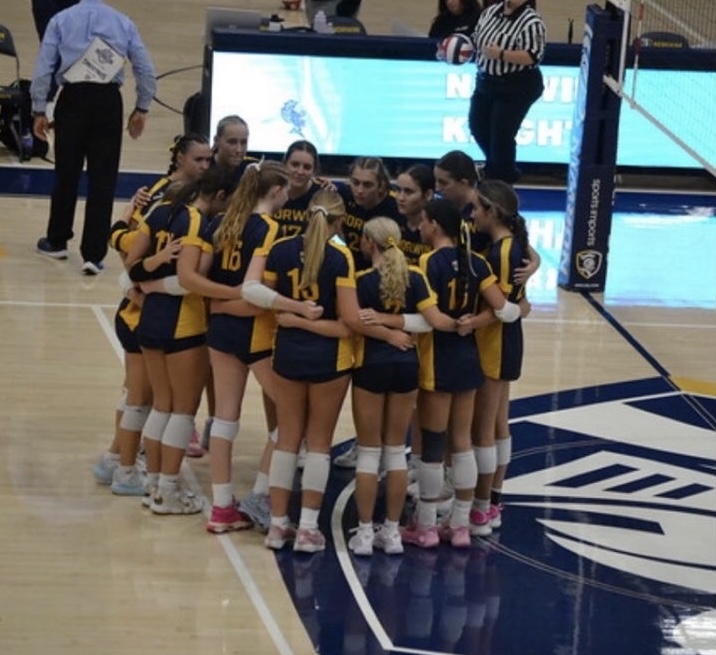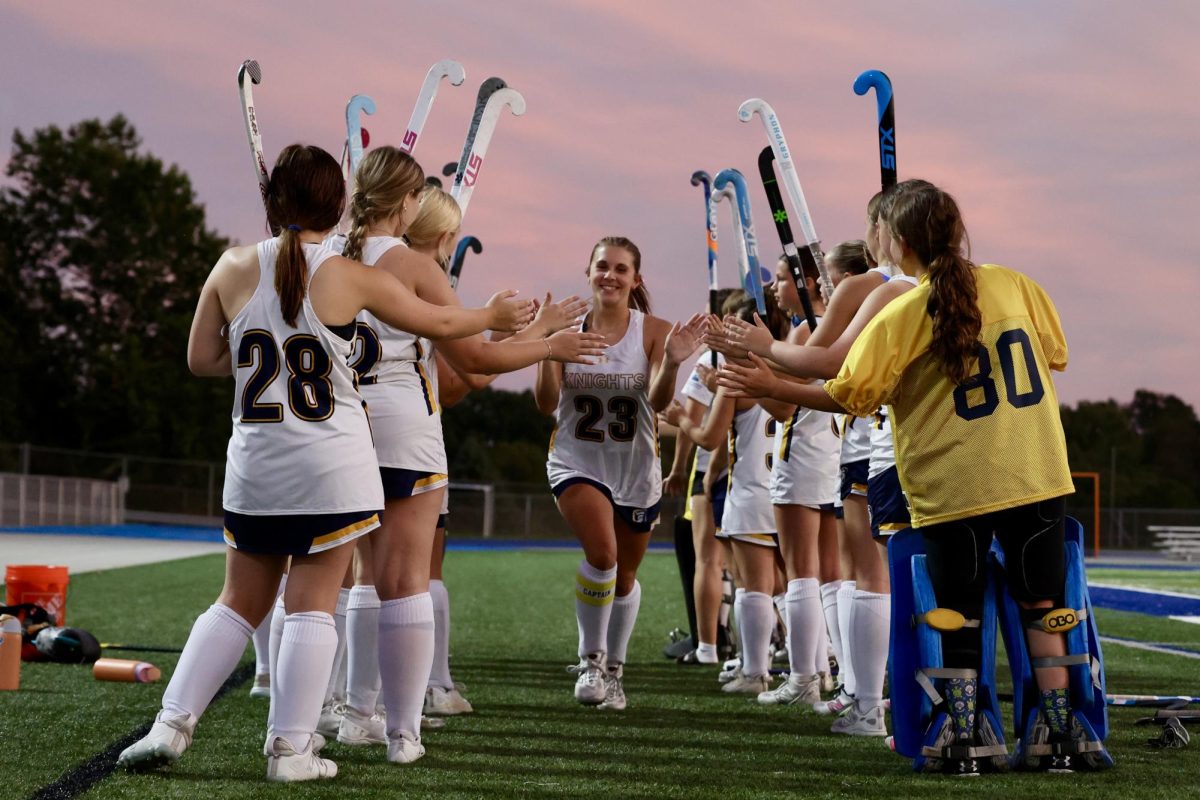It’s a dreary Tuesday evening, and you have a 3-page English essay due at 11:59 P.M that night. It’s currently 11:20, and you’re playing Fortnite. Your procrastination got a bit out of hand, and now you’re backed into a corner with the clock slowly ticking down. This may seem like a stressful situation to most, but you aren’t tense at all. You open up ChatGPT on your computer, type in the prompt, and a perfect essay about “Allusions in Fahrenheit 451” appears on your screen.
This scenario is all too familiar for almost every student in the world over the past three years. In fact, I’m quite guilty of it myself. It wasn’t until recently that I became opposed to the use of artificial intelligence for school. I personally noticed my grades dropping after I became over reliant on AI. It made me unmotivated to do any work myself, and I began to forget to do most assignments. Over this past summer, I realized that my academic struggles last year were due to AI use.
AI technology has taken our world by storm in the blink of an eye. A 2024 study shows that 86% of students at major universities use artificial intelligence for schoolwork. In 2023, this percentage was half that— 46% of students claimed to use AI in school. Go back to 2022, and the data shows… nothing. In the span of three years, AI has assisted cheating in a school setting and has gone from a completely un-researched concept to something that 8 out of 10 students do. At the same time, the complexity of AI tools has increased exponentially.
From a technological lens, this growth is completely unheard of. No other technology has instantly planted its roots into every aspect of our lives like artificial intelligence has.
Whenever students use artificial intelligence for school work, the educational impact of the work being done disappears. Typing answers from your phone screen onto your iPad does not require the critical thinking skills that our generation desperately lacks. According to National Association of Education Progress, the average reading and math exam scores are the lowest they’ve been since 2005. ACT data shows that the percentage of students ready for college-level work is rapidly declining. The percentage of students who achieved college readiness benchmarks in all four of mathematics, science, reading, and English has declined 6% since 2018. This is an incredibly alarming statistic. Over time, as society progresses, people are supposed to get smarter, and test scores are supposed to get better. I believe that an abundance of AI use has led this trend to reverse.
Despite the general decrease in test scores, the number of students graduating remains the same. National Center for Education Statistics research shows the ACGR, or adjusted cohort graduation rate, has remained steady at 87% the past five years. The use of AI to boost undeserving students’ grades is creating a major problem— far more students are graduating who are not truly ready for college academics.
This phenomenon has dangerous implications for the future. Students who ChatGPT’d their way to graduation will be completely unprepared for the academic rigor of most universities. According to University of Canada West, after years of using artificial intelligence for all activities, a students ability to be self-reliant without technology will greatly diminish. I see several TikTok videos a day about this exact topic, and our generation seems to be taking it as a joke.
This dependence on technology will continue through students’ college years, where, if they make it to graduation, they will be released into their careers fully unprepared. Our future doctors, engineers, and teachers will be far less educated than those of the past.
The blame for this dangerous pipeline is not on the students taking advantage of their opportunities, but rather on the academic institutions and AI companies allowing students to cheat in this way.
Additionally, AI companies need to encourage an educational mindset with their tools. A positive example of a company doing this occurred on July 29 of this year. OpenAI, the parent company of ChatGPT unveiled their new “study mode.” This is a new AI model that provides interesting guiding questions when prompted with work, encouraging real learning rather than simply filling in answers.
AI will continue to dominate our lives whether we like it or not. Our society will continue to become more integrated with technology, and it’s up to us to adapt. People, and especially students, must do their best to keep AI out of their work. It’s incredibly easy to become dependent on AI for thought, and it will only get easier as this technology becomes more prevalent in the future. Unless you personally choose, your future will look exactly like the dystopian reality for humanity seen in the movie Wall-E, where people live lazy, comfortable lives fully immersed in technology. If our society continues to rely on technology in this way, we will become fully dependent on it, and we won’t even know it.
















